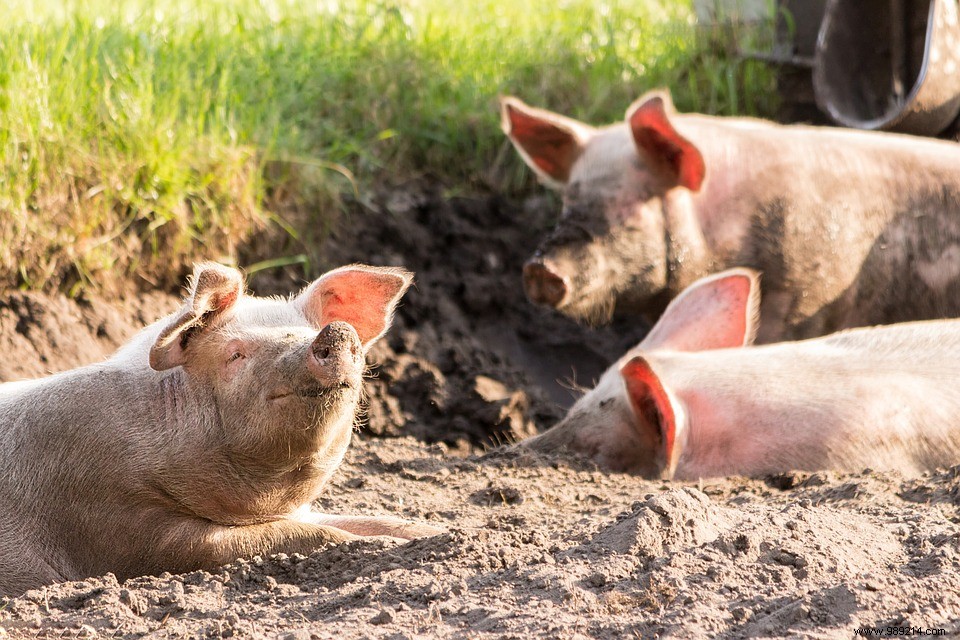Recent research reveals that the SADS-CoV coronavirus, primarily affecting pigs, can infect a wide range of human cells. But does it pose a genuine risk to people? Here's what experts say.
As France grapples with a second wave of SARS-CoV-2 amid new curfew measures, scientists are turning attention to another coronavirus: porcine acute diarrhea syndrome coronavirus (SADS-CoV). First identified in China in 2016, this virus targets pigs and was thought harmless to humans. Yet, a study published in PNAS on October 12, 2020, by researchers at the University of North Carolina at Chapel Hill challenges that view. Their findings show SADS-CoV can infect a broad spectrum of human cells, particularly in the intestines, liver, and lungs.
While SADS-CoV shares the same coronavirus family as SARS-CoV-2—the betacoronavirus behind COVID-19—it belongs to the alphacoronavirus genus. Notably, it's akin to two mild human alphacoronaviruses, HCoV-229E and HCoV-NL63, which typically cause common colds.

Lead researchers argue that alphacoronaviruses like SADS-CoV may present as significant a threat as betacoronaviruses due to their rapid ability to jump species. Derived from the bat coronavirus HKU2—which has a global distribution—SADS-CoV mirrors symptoms of porcine epidemic diarrhea virus (PEDV) in pigs: severe diarrhea and vomiting. Alarmingly, it causes 90% mortality in piglets under five days old.
Unlike SARS-CoV-2, which primarily targets the lungs, SADS-CoV mainly infects the intestines. This leads to intense dehydration from diarrhea and vomiting, potentially proving fatal. Crucially, no cross-immunity exists with common cold alphacoronaviruses, which might otherwise offer human protection against zoonotic spillover.
The team notes remdesivir could be effective against SADS-CoV, though further studies are needed. They urge enhanced monitoring of pig farms and handlers while developing a pig vaccine—to prevent human transmission and safeguard livestock.